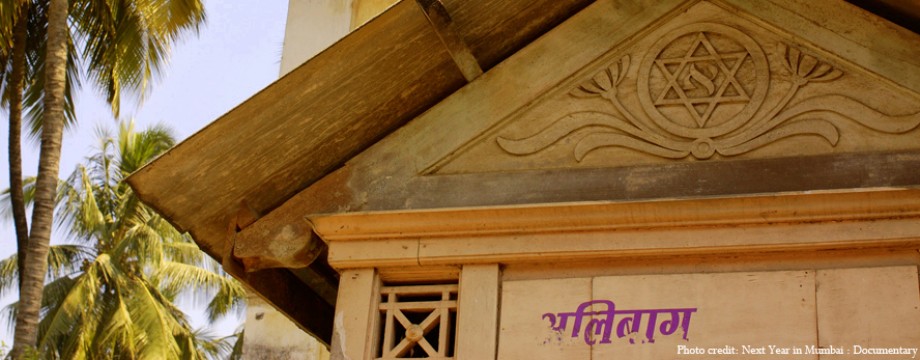
Emigration has reduced the Jewish population in Kerala, India, to a measly 50 people since Israel’s formation in 1948, as it has in many other far-flung Jewish communities. Fernandes (Holy Warriors), a British-Indian journalist, describes today’s Keralite Jews while recounting her efforts to study their past. Keralite Jews are divided into two groups: “Black,” or Malabari, Jews, who had origins in India dating back to at least A.D. 70, and “White,” or Paradesi, Jews, who arrived later, possibly during the Middle Ages. Fernandes is forthright about the two groups’ tumultuous relationship. The Paradesi Jews felt that their lighter skin demonstrated their racial purity, and they referred to darker-skinned Jews as slave converts. Marriages between the two cultures were fraught with controversy as late as 1950. Despite the intriguing story Fernandes tells, she keeps readers waiting far too long to learn the history, and she ends with the story of an elderly Keralite who had moved to Israel decades earlier and returned to India, disillusioned by the fast-paced, secular life there—an odd ending for a book about a community that has overwhelmingly moved in the opposite direction.
